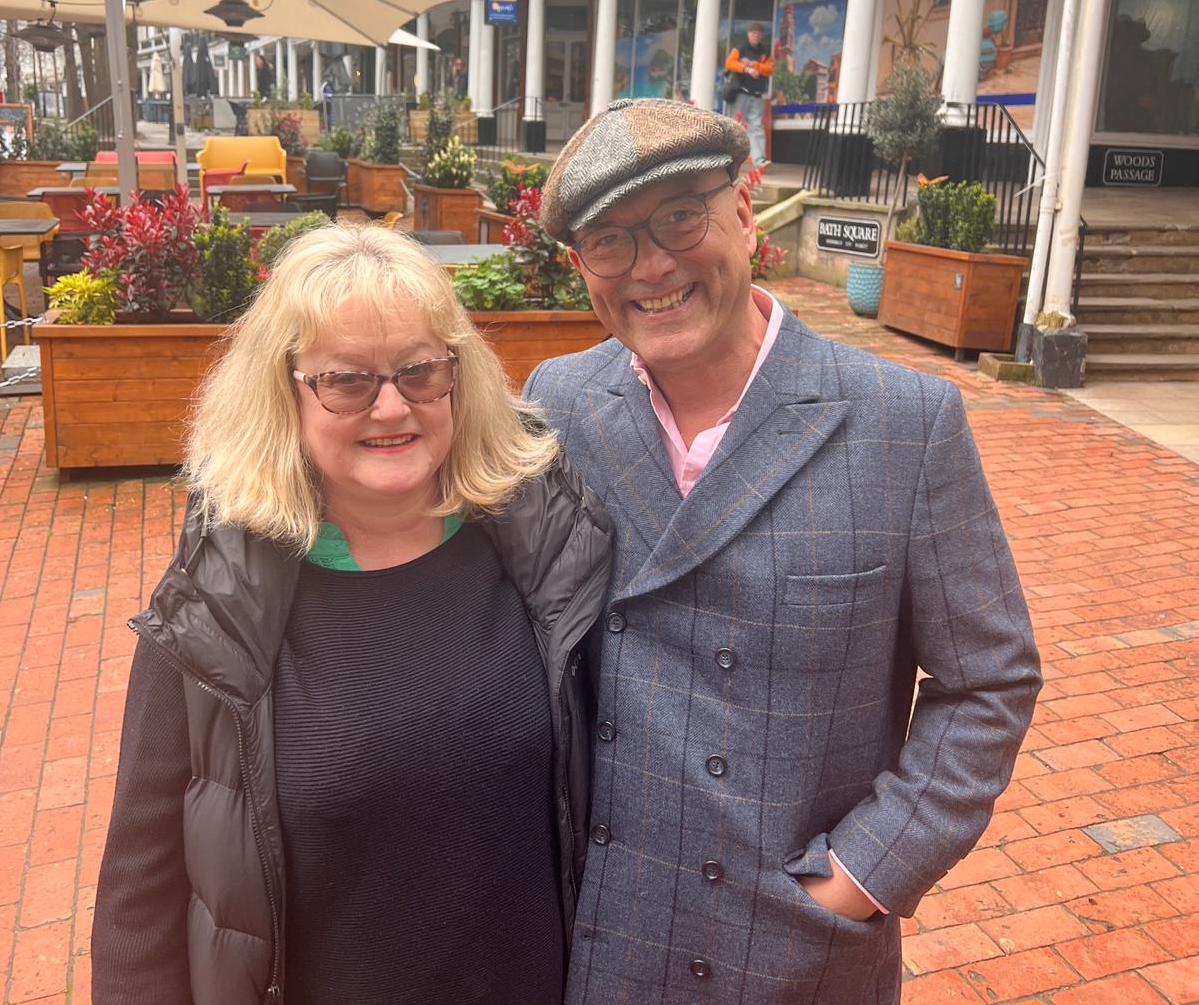Highlights of the May Wealden Open Forum

May Review
Hosted by The Hive and Darwin Whitty, local residents and small business owners have been gathering once a month to help to set the agenda for the forthcoming Bank of England Business Insights Roundtable. Attended by entrepreneur Emma Wood; business consultant Robin Beck; content writer Hazel Broadley, marketing and media consultant Stuart Smith; financial planner Nathan Blackmore; digital content specialist Steve Bergson; ops director Sarah Calcutt; IT consultant Alex Baggott; and social media consultant Susie Smith – the theme emerging from this month’s session was one of humanisation. Read on to find out what we mean by this in the context of local business and community.
Philip began by posing the following questions:
- Where are we now?
- How positive are we feeling about the current economic climate (out of 10)?
- Where is there a buzz?
- What opportunities are arising to influence how we emerge from lockdown?
Emma Wood & Nathan Blackmore
Emma predicted a huge shift in the business landscape in the coming months – especially now businesses have come to terms with the reality of lockdown – with tough times ahead as many are left with as little as four to eight weeks’ cashflow. Despite the plethora of Government loans and grants, it really depends on the size of the business as to their impact. One element of assessing recovery measures, that cannot be quantified, is human spirit. There will be a complete overhaul of the business rates system, as well as a potential decrease in rents, both of which will present opportunities for small businesses and encourage a great deal of bounce-back behaviour. Emma scored 9/10. Nathan mentioned that on the wealth management side, he has been busy helping clients transcend the panic, with new business understandably slow due to investors averse to taking risks. Mortgages have also been affected by the lack of valuations due to restrictions, but hopefully this should pick up again. Nathan scored 7/10. Both Emma and Nathan saw a buzz coming from businesses using this time to re-evaluate where they can cut costs, such as commercial office space. This will provide opportunities for rural communities to benefit from an increased demand for local coworking space.
Stuart Smith, Hazel Broadley & Robin Beck
Stuart reported that his companies were taking measures to adapt revenue streams and think outside of the box, scoring 6/10. Meanwhile, Hazel has had to put business expansion plans on hold, instead concentrating on reacting and adapting to her clients’ immediate needs of updating their customers amid the pandemic. Hazel scored 8/10. Robin highlighted the importance of assuring clients that this uncertainty will end if we can just get through it, scoring 9/10. The three agreed that by using this time to talk to clients more on the phone, rather than relying on email, there is an opportunity to better understand their needs (e.g. how they intend to evolve post-lockdown) and therefore strengthen the relationship. Employers should focus on their employees first and foremost, before considering the wider, longer-term impacts of Covid-19 on their business (which in fact will present a huge opportunity for cost-saving when the times comes).
Alex Baggott & Steve Bergson
Alex reported that despite his business being reasonably new, he has experienced an uptick for obvious reasons – increased working from home, advising clients on internet connections and routers, etc – and scored 8/10. Steve is fairly optimistic, saying the greater the emphasis on individuals being connected (virtually) further afield while continuing to support local services, the greater the benefit for everybody. The future lies in “distributed working” as opposed to “centralised working”, although encouraging this shift in mindset may prove a challenge. Both Alex and Steve saw a buzz among smaller businesses (who are adapting quicker to make use of the available tools and technology) but were surprised how larger corporations are struggling to adapt. In fact, the latter will soon discover there are opportunities to cut costs if they can be nimble, too.
Sarah Calcutt & Susie Smith
Sarah noted that some businesses have fallen through the net for a great number of Government-backed schemes due to their business ‘type’ proving indistinct, or overlapping several ‘types’ – some of which have also faced additional hardship due to late customer payments following the Christmas period and the impact of Brexit earlier in the year. On a positive note, Sarah is travelling less but speaking to people more, scoring 9/10. Susie says it feels good to be able to help clients out by providing free 30-minute sessions. She has also spent her time researching tech platforms (such as alternatives to Zoom), planning, and focusing on passive income streams. Susie scored 7.5/10. They both agreed our wellbeing is improving, with more family time and more exercise helping to boost productivity, and they welcomed the recent O2-Virgin merger which may or may not improve current broadband issues across the Weald.
Phillip Crocker
Agreeing that Covid-19 has highlighted the extremes we find ourselves in – i.e. the discrepancy between the “haves” and the “have-nots” – Philip believes it will give local, regional and central authorities a chance to do things differently post lockdown. He is also positive that the high street will revive because of our current shift in appreciation for local businesses. Having said this, there was also a general concern among the forum that financial institutions need to be as co-operative as they possibly can be when local businesses need their support the most. A great deal is resting on their decisions over the next few months, but we must be prepared to communicate our concerns in order for the appropriate measures to be taken. The forum concluded by considering the following steps local businesses, authorities and financial institutions can implement – all of which tie back to the theme of humanisation.
- Become more aware of the local mood: talk more, pick up the phone, listen to clients’ needs, listen to the community’s needs
- Take control of our own emotions, learning and development: utilise the wealth of free resources online and consciously plan how we can evolve during this time
- Get to know remote colleagues on a more personal level: ask questions, take an interest in their personal life
- Encourage authorities to drive better internet connectivity across the Weald: research and switch broadband connections, consider mobile broadband using 4G to supplement cabled connections.
- Collaborate at a local level: develop more loyalty to those who have the skills in the local area
- Humanise the workplace: put “people” back at the heart of the business





